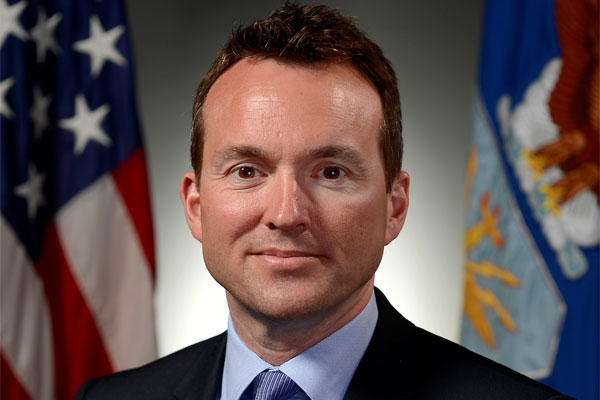The U.S. Army's top civilian on Tuesday said he plans to establish a new office designed to identify and field capabilities to soldiers faster than ever before.
Secretary of Army the Eric Fanning, who recently took over the post in May, said one of his top priorities is to further streamline the bureaucratic machine responsible for fielding new Army gear and equipment.
Complicated acquisition policies and redundant levels of oversight are challenges that have long plagued service secretaries and their chiefs of staff, he said.
"It is an enormous process; there is lots of institutions, processes and people vested in it staying the way that it is," Fanning told an audience at a breakfast organized by the Association of the United States Army, an advocacy group based in Arlington, Virginia.
"I think we have to loosen it up. We are just not fielding capabilities as fast as we should, and we are spending a lot of money in the process of fielding it that we could be using for resource rather than process."
To combat this challenge, Fanning plans to stand up a new Rapid Capabilities Office.
"This was something I spent a lot of time on in the Department of the Air Force," the former acting secretary of the Air Force said.
The Army already has a Rapid Equipping Force that harnesses current and emerging technologies to provide immediate, material solutions to soldiers in the field.
The new Rapid Capabilities Office would focus on identifying "capabilities that we are seeing in the adversaries that maybe we didn't realize" they possessed, Fanning said.
"It really is meant to focus on capabilities and to try and get things out to the field as quickly as possible," he said.
In addition to his time as the acting Air Force Secretary, Fanning also served as undersecretary of the Navy and chief of staff for Defense Secretary Ashton Carter.
He is the first openly gay person to lead one of the nation's military service branches.
Fanning also spoke of the need to ensure that soldiers are prepared for multiple contingencies, a significant challenge for a service that has been mainly focused on one type of mission in Iraq and Afghanistan since 2001.
This became very clear, Fanning said, when he observed soldiers, participating in Exercise Anakonda 2016 in Europe recently, having to get comfortable again using camouflage in a non-desert environment.
Fanning had to wait six months for Congress to confirm him as the new Army secretary.
Much of the delay had to do with Sen. Pat Roberts, a Kansas Republican, placing a "hold" on Fanning's nomination so he could get assurances from the Defense Department and the Obama administration that prisoners from the Guantanamo Bay, Cuba, naval base will not be housed in the future at Fort Leavenworth, Kansas.
--Matthew Cox can be reached at matthew.cox@military.com.



























